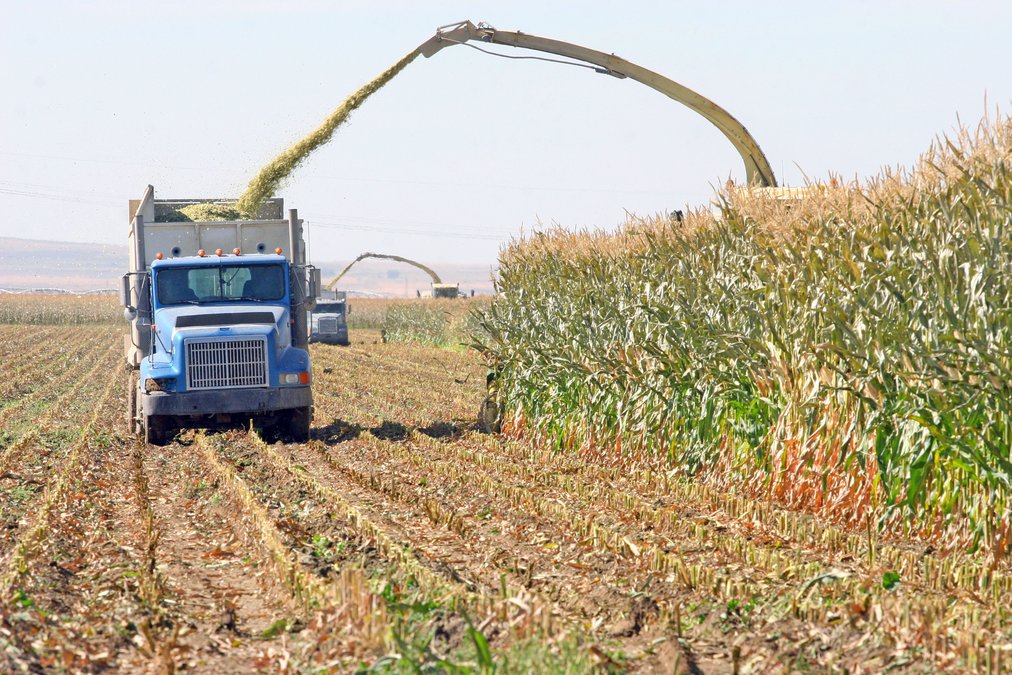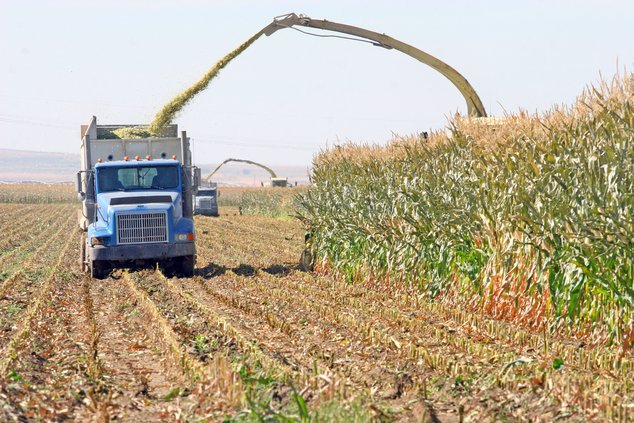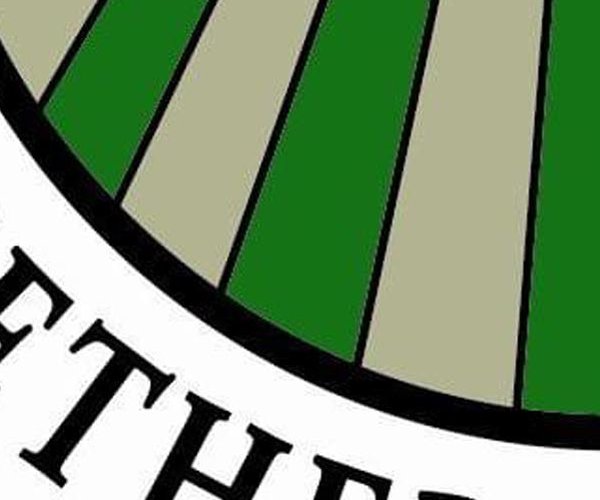California has dropped its landmark rule that would have phased out nearly all diesel trucks in the coming years, the California Air Resources Board announced in January.
The “first-in-the-world” rule, called Advanced Clean Fleets, was adopted in 2023 and was set to ban the sale of new medium- and heavy-duty diesel trucks, including the big rigs that transport many agricultural products, by 2036, and require that most diesel trucks operating in the state be phased out by 2042.
But state officials said this month they will not pursue that rule or another clean trucking rule after the Biden administration’s Environmental Protection Agency failed to approve waivers for them before President Donald Trump took office. Rather than receive an almost-certain denial of the waivers from the new administration, state officials opted to withdraw them.
Under the Clean Air Act, California has the authority to set its own emissions standards for vehicles, but it needs permission in the form of a waiver from the federal EPA to enforce them.
“While we are disappointed that U.S. EPA was unable to act on all the requests in time, the withdrawal is an important step given the uncertainty presented by the incoming administration that previously attacked California’s programs to protect public health and the climate, and has said will continue to oppose those programs,” CARB Chair Liane Randolph said in a statement.
Diesel trucks and buses represent around 3% of vehicles registered in California and produce more than half of its smog-forming gases and carcinogenic pollutants, according to the board.
Farmers and industry advocates had warned the rule was not economically feasible for many operators and had cautioned that the deadlines were outpacing the availability of zero-emission trucks, charging stations and electrical grid capacity.
Last week, they responded to California’s decision to withdraw the trucking rules with mixed feelings.
“It’s good that they’re not going to force an industry to use a technology that doesn’t exist,” said Stefano Antonini, Modesto terminal supervisor for Antonini Fruit Express. “But Trump is only going to be president for four years. While this is good right now, it just puts us in a wait-and-see mode.”
The Antonini family has operated a trucking business, headquartered in San Joaquin County, for nearly a century, running a seasonal company that hauls agricultural commodities from July through November and a year-round company called Antonini Freight Express, which hauls bulk wine, tomato paste and other commodities between the Central Valley and the Port of Oakland.
To make a profit, Antonini’s trucks must max out the 80,000-pound limit they’re allowed to haul. Zero-emission truck batteries weigh up to 16,000 pounds, displacing up to a third of the truck’s carrying capacity. To haul the same amount of wine or tomato paste, Antonini would need more trucks, drivers and hours. To stay in business, the company would need to pass the extra cost on to the winery or cannery, but could struggle to do so if others were able to undercut the price.
Antonini’s trucking companies, whose fleets have a total of 220 trucks, have purchased 19 battery-electric trucks to shuttle freight around its terminals, but Antonini said they have not been able to use them to haul commodities long distances. That’s partly because zero-emission drayage trucks lack the range to cover many of the company’s routes.
“Our trucks don’t finish their trip right outside the port,” Antonini said. “They come all the way back to the valley,” sometimes going from Stockton to Madera to Oakland to Lodi and back to Stockton in a day.
California also withdrew a rule phasing out diesel-powered refrigeration unit engines hauled by trucks, which farmers had reported struggling to implement last year due to lagging technology and infrastructure.
Steven Fenaroli, a director of policy advocacy for the California Farm Bureau, said farmers and ranchers “want to help the state meet our climate goals.” But, he said, “a lot of these regulations were going to put people out of business.”
Tom Barcellos, a Tulare County farmer who owns a small fleet he uses to haul silage on his farm and deliver feed to the region’s dairy farms, said he was “not surprised” the trucking rules were abandoned, as he did not think they could practicably be implemented.
“I believe there would have to be some serious changes or exemptions for agricultural operations for it to work and be economical,” he said. “It’s probably something we don’t have to worry about now. But what’s going to come up in the meantime—where somebody says, ‘Without that, we need this,” or who knows what?”
Advanced Clean Fleets and the other rules scrapped this month were part of a larger framework for reducing emissions. Under California’s Global Warming Solutions Act of 2006, or Assembly Bill 32, CARB must adopt regulations or create market mechanisms to reduce California’s emissions to 80% below 1990 levels by 2050.
With CARB’s Advanced Clean Fleets rule being sidelined, the state will need to come up with other ways to achieve those emissions reductions.
It’s possible, Fenaroli said, that the phaseout of diesel-powered trucks simply gets delayed by a few years.
For now, operators said they were uncertain whether the clean trucking rules getting dropped would change their near-term plans.
“We’re waiting to see what the state and the industry do,” Antonini said.
— Courtesy of the California Farm Bureau.





